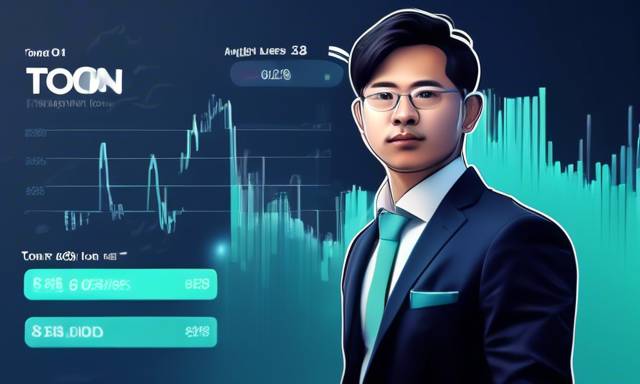Unraveling the Complexities of TSMC and Huawei’s Processor Link 🤔
This analysis focuses on the intricate relationship between key players in the semiconductor industry, particularly concerning recent events involving TSMC, a leading contract chip manufacturer, and Huawei’s AI processor. The situation raises critical questions about supply chains and regulatory compliance.
Background of the Situation 📜
This year, emerging reports highlighted an alarming connection between Sophgo, a company that sourced chips from TSMC, and Huawei’s Ascend 910B artificial intelligence processor. The uncovered evidence points to chips initially ordered by Sophgo that later appeared in Huawei’s product.
TSMC’s Caution in the Supply Chain 🚧
Upon knowledge of these findings, Taiwanese Semiconductor Manufacturing Company (TSMC) promptly informed U.S. authorities about the situation. This precaution can be attributed to stringent export regulations imposed on Huawei, reflecting the ongoing tensions in U.S.-China relations that have affected technology companies.
Sophgo’s Stance on Compliance 📑
Despite the troubling discoveries, Sophgo has emphasized its dedication to adhering to all legal obligations. The company has publicly rejected any suggestions of a direct business partnership with Huawei, aiming to delineate its business practices from the controversial issues surrounding Huawei.
- The key claims made by Sophgo include:
- Compliance with all legal standards.
- No active business relationship with Huawei.
In a bid to clarify its standing, Sophgo has submitted a report to TSMC explaining the circumstances. This step is part of their strategy to bolster transparency and independence amidst rising scrutiny.
TSMC’s Export Compliance Background 📦
For context, TSMC has been under considerable pressure to comply with U.S. regulations, which is why the company stopped supplying chips to Huawei in mid-September 2020. This cessation was necessary to ensure adherence to the laws governing semiconductor exports, signaling a significant shift in the technology landscape due to geopolitical factors.
Significance for the Semiconductor Industry ⚙️
The complexities of this situation extend beyond individual companies; they highlight a broader challenge faced by the semiconductor industry. As companies navigate these turbulent waters, the following points emerge:
- Increased regulatory scrutiny:
- Expect more rigorous checks on supply chains.
- Companies must ensure compliance to avoid legal repercussions.
- Impact on supply chains:
- Potential disruptions in sourcing components.
- Shift in partnerships as companies reassess their positions in light of regulations.
- Overall industry dynamics:
- Need for companies to adapt to a rapidly changing environment.
- Innovation may be affected by regulatory limitations and supply chain uncertainties.
The situation encapsulates the complicated landscape of international business, as firms strive to balance profitability with compliance amidst evolving regulations.
Hot Take: The Future of Semiconductor Relations 🔮
This year, the TSMC and Huawei case serves as a critical reminder of the fragility of global supply chains and the necessity for corporations to remain vigilant regarding regulatory compliance. The semiconductor market is at a pivotal point, where the interplay of politics and business practices will dictate future strategies. As companies navigate this multifaceted environment, their ability to adapt to new realities will define their success in the coming years.
Moving forward, all stakeholders in the industry will need to prioritize transparency and ethical practices while remaining responsive to the regulatory landscape. Proactive engagement with legal frameworks will not only safeguard businesses but also foster trust in an industry undergoing substantial transformation.





 By
By
 By
By
 By
By


 By
By